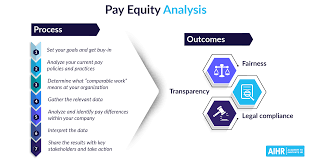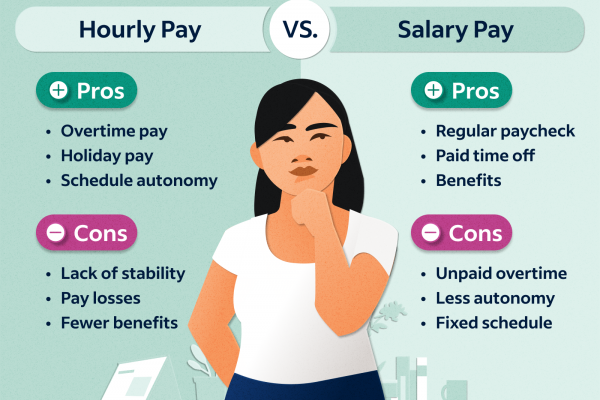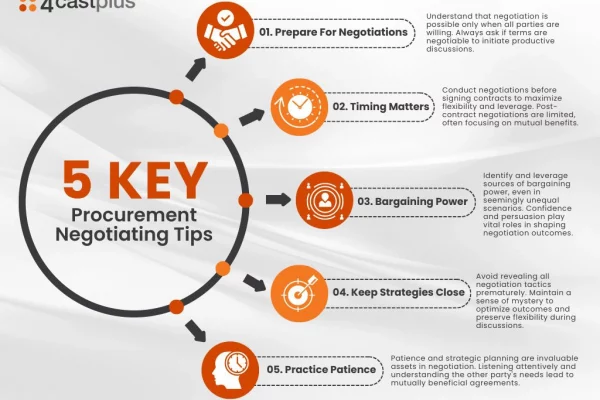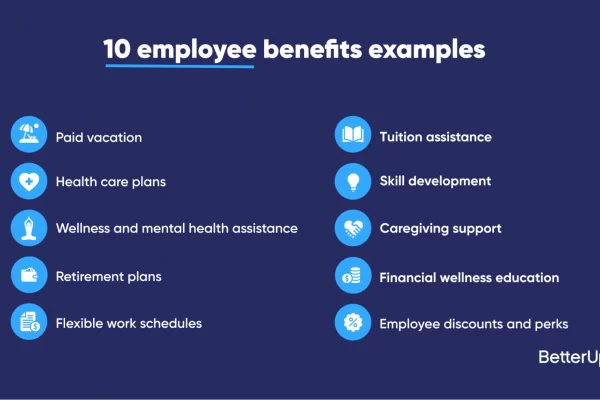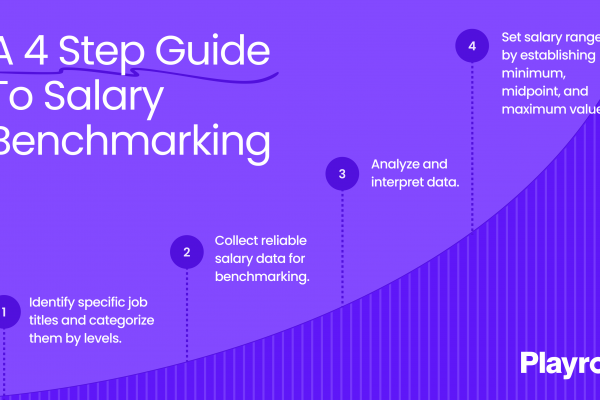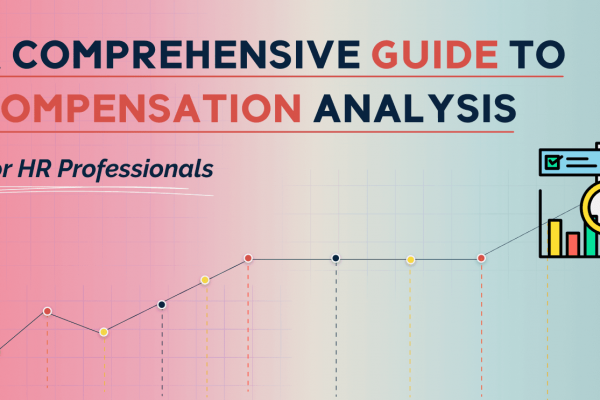
Pay Scale A Structured Approach to Compensation
A pay scale, or salary scale, is a standardized system used by organizations to determine the salary range for specific job positions.1 It provides a structured approach to compensation, ensuring fairness and consistency across the organization.2 Key Components of a Pay Scale Factors Influencing Pay Scale Design Benefits of a Well-Designed Pay Scale Challenges in…

